
Hod Hasharon: A Blend of Serenity and Modernity
Located in the heart of Israel, Hod Hasharon is a charming city that offers a perfect blend of tranquility and modern conveniences. This suburban gem is known for its lush green parks, friendly neighborhoods, and a slower pace of life compared to the bustling nearby metropolis of Tel Aviv. Hod Hasharon is a haven for nature lovers, with several parks and nature reserves that provide a refreshing escape from urban life. The Four Seasons Park is a must-visit, offering beautiful walking paths, picnic spots, and a serene lake. For those interested in history, the city has ancient ruins and historical sites that tell the story of its rich past. Despite its laid-back atmosphere, Hod Hasharon boasts a vibrant shopping and dining scene. The city center is dotted with trendy cafes, restaurants, and boutiques, ensuring that visitors have plenty of options to explore. Whether you're looking for a quiet retreat or a base to explore the surrounding areas, Hod Hasharon is a delightful destination that caters to all types of travelers.
Local tips in Hod Hasharon
- Visit the Four Seasons Park early in the morning for a peaceful experience and to avoid the midday heat.
- Rent a bike to explore the city's numerous bike trails and enjoy the scenic views at your own pace.
- Check out the local markets for fresh produce and unique souvenirs to take back home.
- Try the local cuisine at family-owned restaurants for an authentic dining experience.
- Use public transportation or taxis to visit nearby cities like Tel Aviv and Herzliya, which are only a short drive away.
Hod Hasharon: A Blend of Serenity and Modernity
Located in the heart of Israel, Hod Hasharon is a charming city that offers a perfect blend of tranquility and modern conveniences. This suburban gem is known for its lush green parks, friendly neighborhoods, and a slower pace of life compared to the bustling nearby metropolis of Tel Aviv. Hod Hasharon is a haven for nature lovers, with several parks and nature reserves that provide a refreshing escape from urban life. The Four Seasons Park is a must-visit, offering beautiful walking paths, picnic spots, and a serene lake. For those interested in history, the city has ancient ruins and historical sites that tell the story of its rich past. Despite its laid-back atmosphere, Hod Hasharon boasts a vibrant shopping and dining scene. The city center is dotted with trendy cafes, restaurants, and boutiques, ensuring that visitors have plenty of options to explore. Whether you're looking for a quiet retreat or a base to explore the surrounding areas, Hod Hasharon is a delightful destination that caters to all types of travelers.
When is the best time to go to Hod Hasharon?
Iconic landmarks you can’t miss
Sharonim
Explore Sharonim Mall in Hod Hasharon for an exciting shopping experience with diverse stores, delightful dining, and family-friendly entertainment.
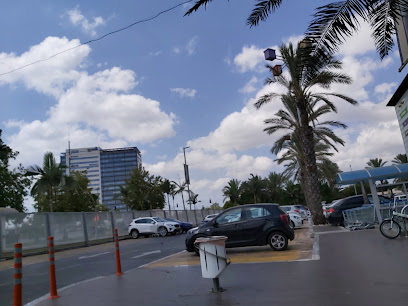
Hod HaSharon Park
Explore the natural beauty of Hod HaSharon Park, an urban oasis offering tranquility, recreation, and a glimpse into local wildlife.
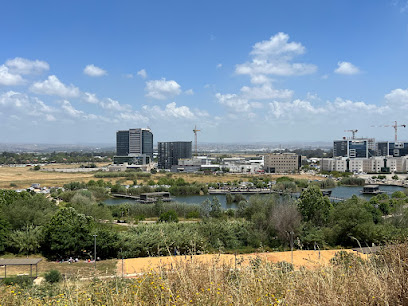
הפארק האקולוגי הוד השרון
Discover the Ecological Park in Hod Hasharon, a serene escape into nature with lush landscapes, diverse wildlife, and educational experiences for all ages.
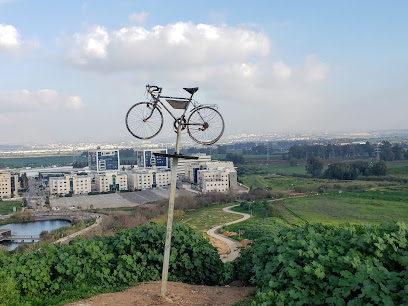
The Four Seasons Park
Discover the beauty of nature at The Four Seasons Park in Hod Hasharon, a perfect spot for relaxation and outdoor fun amidst lush greenery.
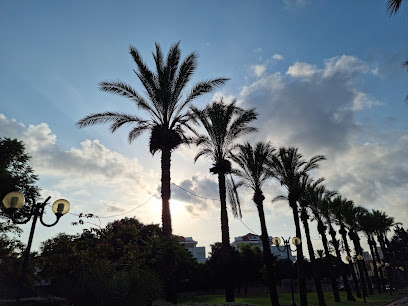
המחבוא
Experience authentic Israeli flavors at this acclaimed Hod Hasharon restaurant, where every meal is a celebration of tradition and taste.
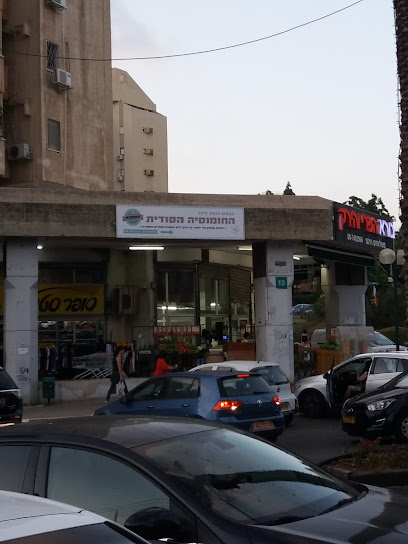
Habanim Park
Discover the tranquil beauty of Habanim Park in Hod Hasharon, a perfect retreat for nature lovers and families seeking relaxation and outdoor fun.
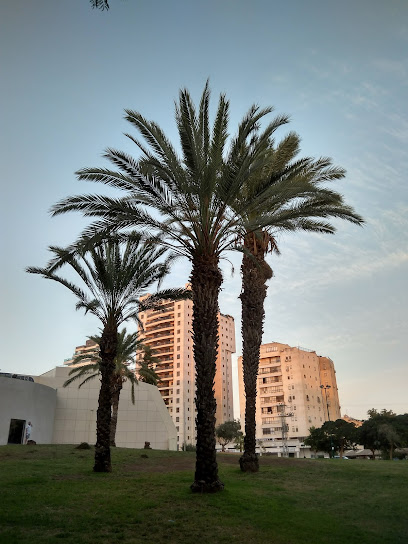
Kfar Saba Museum
Explore the treasure trove of history at Kfar Saba Museum, where archaeology meets culture in a welcoming atmosphere.
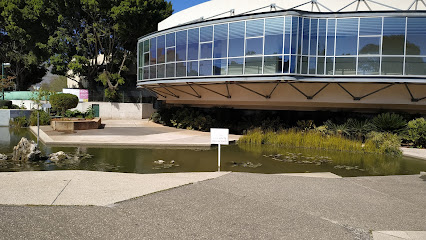
האי בשרון
Experience the warmth of hospitality at Ha-Sadan Hotel in Hod Hasharon, your perfect home base for exploring Israel's rich culture and attractions.
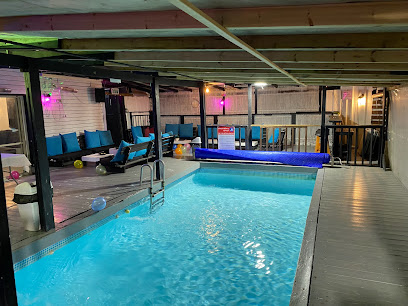
Hod HaSharon-Sokolov
Explore the vibrant city of Hod Hasharon and beyond from Hod HaSharon-Sokolov train station, your gateway to Israel's stunning attractions.
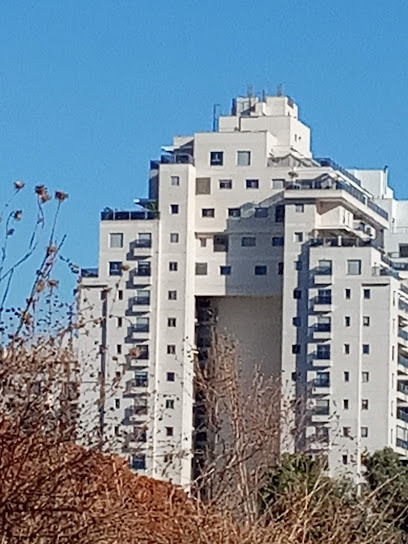
Zvi Harpaz - Guided Tours
Discover Kefar Sava from above with Zvi Harpaz Guided Tours, offering breathtaking helicopter flights and insightful sightseeing experiences.
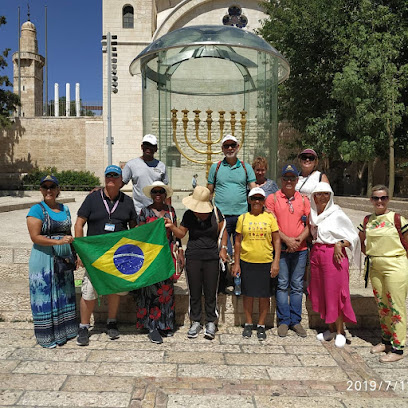
Hod Hasharon museum
Explore the Hod Hasharon Museum, a cultural gem in Israel, where history, art, and community come together in vibrant exhibits.
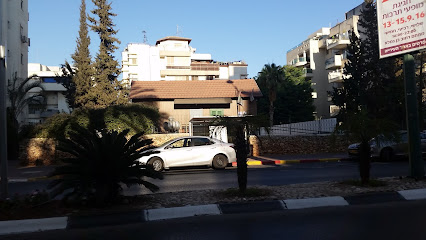
ירידה לירקון משביל ישראל
Discover peace and tranquility amidst the lush greenery of Hod Hasharon, a scenic oasis perfect for relaxation and exploration in Israel.
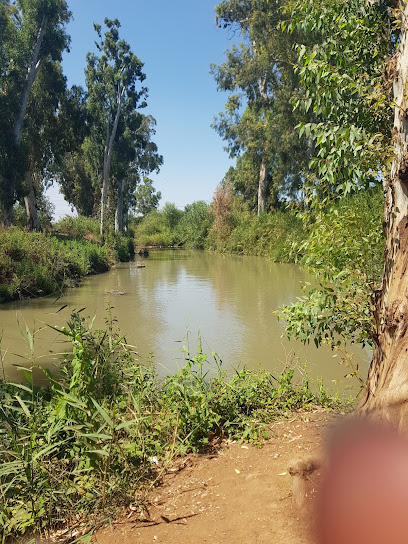
אתר מורשת - אנדרטת אלכסנדרוני - כפר סבא
Explore the Alexandroni Brigade Monument in Kefar Sava, a historical landmark honoring the courage of Israel's War of Independence.
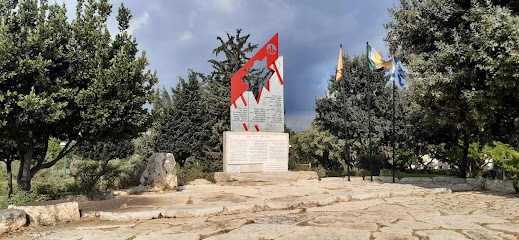
Ha-Nasi Square
Experience the vibrant culture and community spirit at Ha-Nasi Square in Hod Hasharon, a must-visit town square in Israel.

אתר מורשת - הצריף הראשון - הוד השרון
Explore The First Hut in Hod Hasharon, a historical landmark that reflects Israel's pioneering spirit and rich cultural heritage.
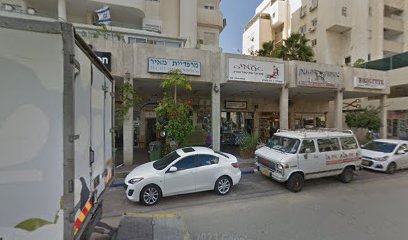
Unmissable attractions to see
Caesarea National Park
Explore the rich history and breathtaking landscapes of Caesarea National Park, where ancient ruins meet stunning Mediterranean views.
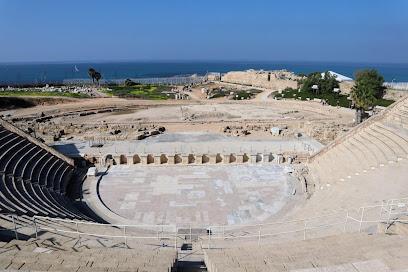
Yarkon Park
Discover the lush landscapes of Yarkon Park, Tel Aviv's largest park, offering adventure, relaxation, and cultural experiences in a vibrant urban setting.
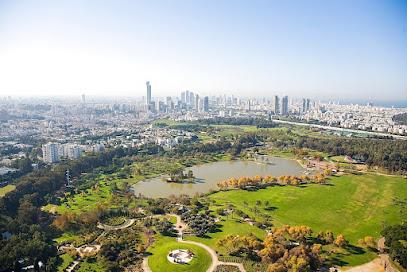
Jaffa Flea Market
Explore the Jaffa Flea Market: A vibrant blend of antiques, crafts, and delicious street food in the heart of Tel Aviv-Yafo.
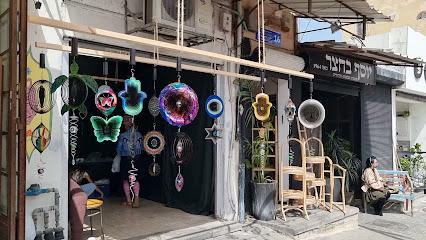
The Clock Tower
Explore the iconic Clock Tower in Tel Aviv-Yafo, a historical landmark that embodies the city's rich cultural heritage and architectural beauty.
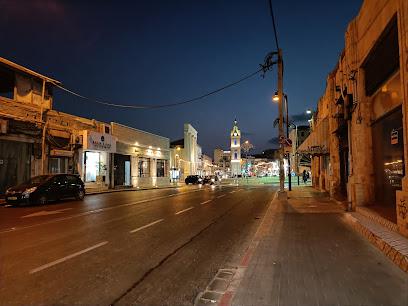
Tel Aviv Museum of Art
Explore the rich world of art at the Tel Aviv Museum of Art, where contemporary meets classic in a stunning architectural setting.
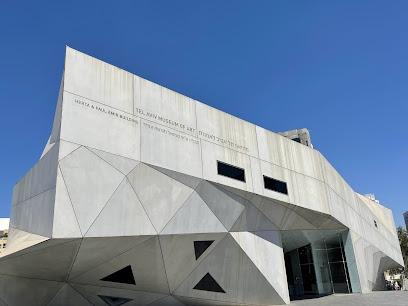
Park HaTachana
Explore Park HaTachana in Tel Aviv-Yafo, a historical landmark blending culture, shopping, and dining in a picturesque setting.
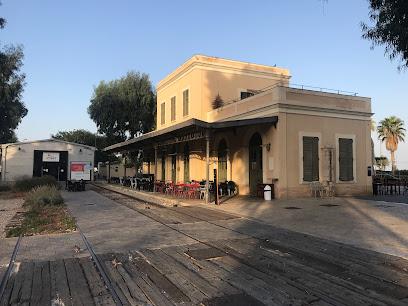
Levinski Market
Experience the lively atmosphere of Levinski Market, a must-visit hub in Tel Aviv for food lovers and culture enthusiasts alike.
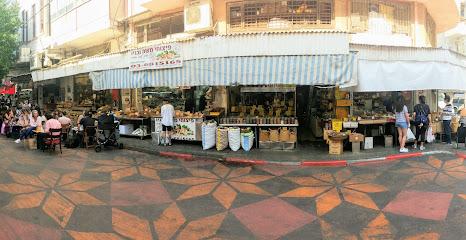
Herzliya Park
Explore Herzliya Park, a stunning coastal escape featuring lush landscapes, playgrounds, and scenic walking paths perfect for family outings.
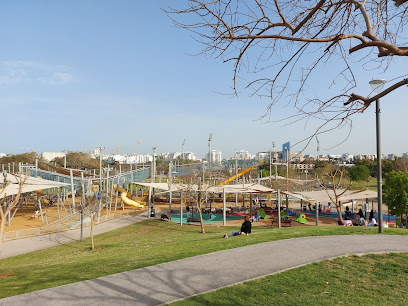
HaBima Square
Discover the vibrant HaBima Square in Tel Aviv, a cultural gem featuring stunning gardens, modern architecture, and lively performances in the heart of the city.
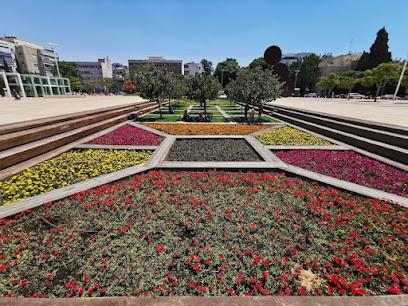
Tel Aviv Port
Explore the lively Tel Aviv Port, where Mediterranean charm meets a vibrant cultural scene, perfect for all visitors seeking an unforgettable experience.
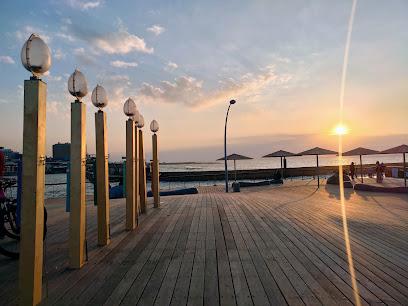
Hod HaSharon Park
Explore Hod HaSharon Park: a serene urban oasis with beautiful landscapes, recreational activities, and family-friendly attractions in Hod Hasharon, Israel.
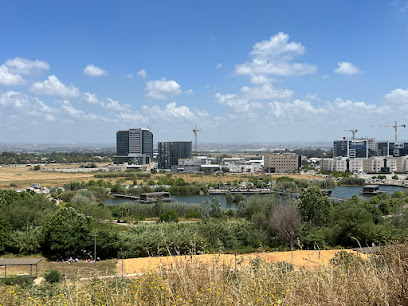
Isaac Wald Park - Kfar Saba Park
Discover the tranquility of Isaac Wald Park in Kfar Saba, a beautiful urban oasis perfect for families and nature enthusiasts.
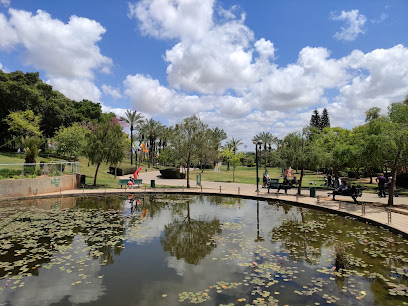
ANU Museum of the Jewish People
Discover the ANU Museum of the Jewish People in Tel Aviv-Yafo, where history, culture, and community come together in an inspiring narrative.
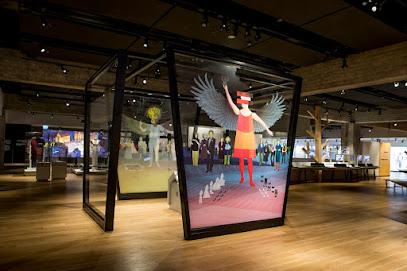
Apollonia National Park
Discover the ancient ruins and stunning coastal views at Apollonia National Park in Herzliya, a perfect blend of history and nature.
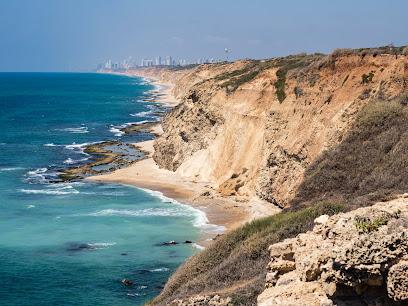
Midron Yaffo Park
Discover the lush beauty and cultural charm of Midron Yaffo Park, an urban oasis along the stunning Tel Aviv coastline.
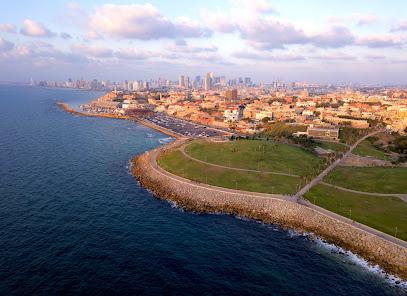
Essential places to dine
NONO
Experience authentic Italian cuisine at NONO in Hod Hasharon - a delightful destination for food lovers seeking traditional flavors.
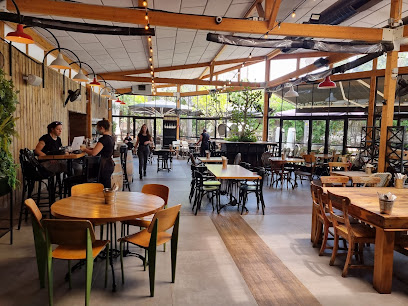
Segev Express
Discover Segev Express in Hod Hasharon: A culinary gem offering innovative fusion cuisine that excites the palate with every bite.
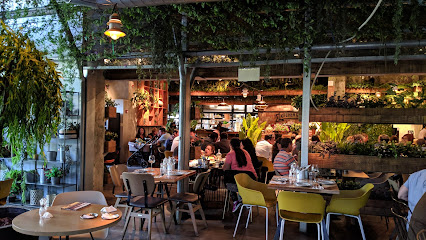
קפה גן סיפור הוד השרון
Experience the culinary delights of Café Gan Sipor in Hod Hasharon - where fresh flavors meet vibrant ambiance.
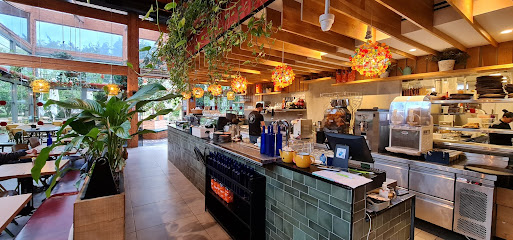
Agadir Hod Hasharon
Discover Agadir Hod Hasharon: A burger lover's paradise in the heart of Hod Hasharon with gourmet flavors and vibrant dining.
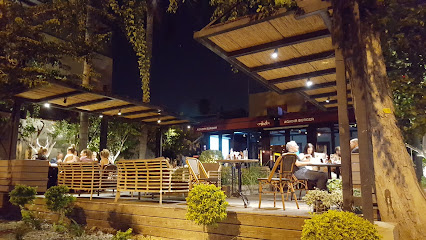
Republic
Discover culinary artistry at Republic – where every dish tells a story and every visit is an unforgettable experience.
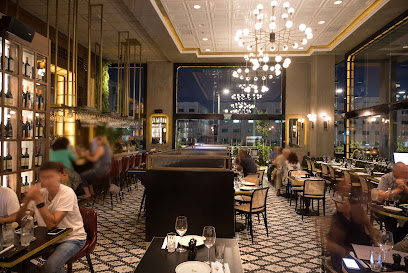
DINER
Discover Diner in Hod Hasharon - where delightful cuisine meets inviting ambiance for an unforgettable dining experience.
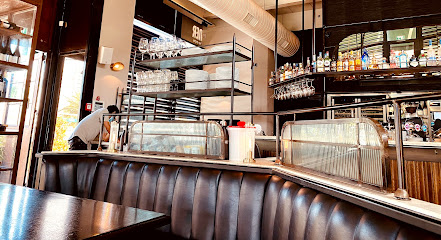
Sabih Hasharon
Discover the authentic taste of Israel at Sabih Hasharon—famous for its delicious Sabich and warm atmosphere in Hod Hasharon.
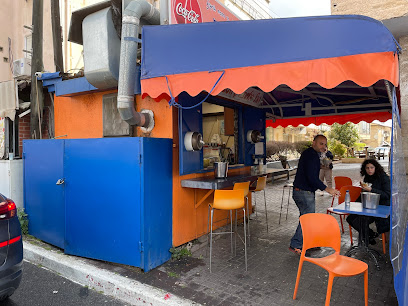
Asian Deli
Experience authentic Asian cuisine at Asian Deli in Hod Hasharon—where flavor meets tradition in a welcoming atmosphere.
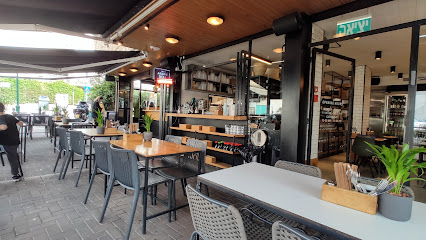
הפריקסה של חיימיקו
Experience the rich flavors of Tunisian cuisine at Haimiko's Frikase in Hod Hasharon – a true culinary delight for every food lover.
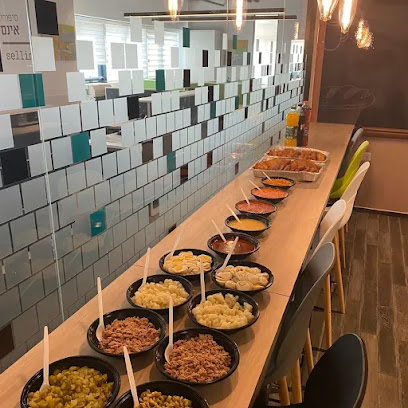
Yamatoya Bistro Bar
Savor authentic Japanese flavors at Yamatoya Bistro Bar - your destination for sushi, noodles, and seafood in Hod Hasharon.
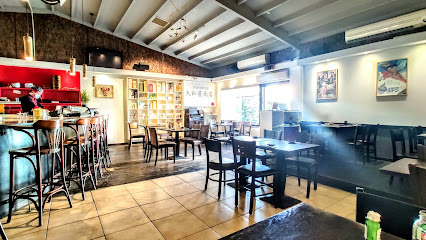
Ayutthaya איוטאיה
Experience authentic Thai flavors at Ayutthaya in Hod Hasharon - where every dish tells a story.
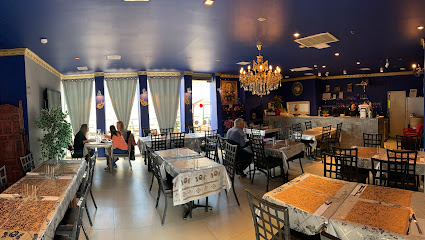
Hataboon Bon Bon
Experience the best of local cuisine at Hataboon Bon Bon in Hod Hasharon – where flavor meets warmth in every dish.
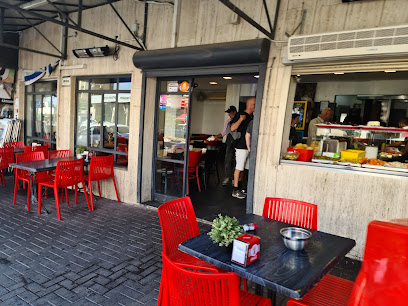
צ'ופ צ'ופ הוד השרון
Discover Chop Chop in Hod Hasharon - where meat lovers indulge in mouthwatering grilled delights amidst a lively atmosphere.
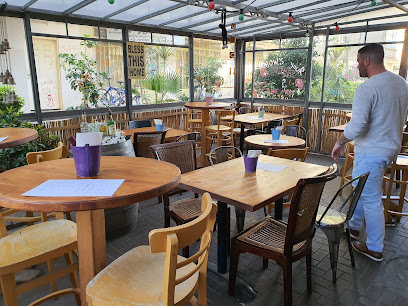
Oldies Pancake Bar
Discover the ultimate pancake paradise at Oldies Pancake Bar in Hod Hasharon – where every bite is a celebration of flavor!
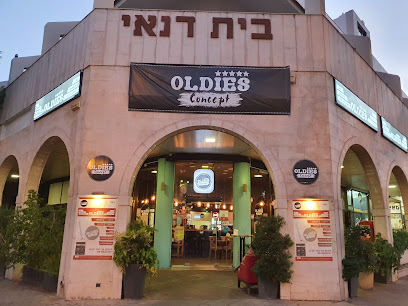
שיפודי הטאבון
Experience authentic Israeli flavors at Shifudi HaTabon - where every meal is a celebration of culinary tradition.
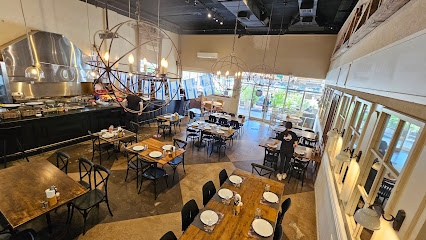
Markets, malls and hidden boutiques
Sharonim
Explore Sharonim Shopping Mall in Hod Hasharon for an unforgettable shopping experience with diverse shops, dining options, and family-friendly entertainment.

Azrieli Mall Hod Hasharon
Discover Azrieli Mall in Hod Hasharon, a shopping paradise with diverse stores, delightful dining, and fun activities for all ages.
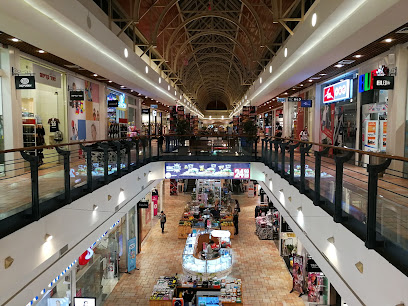
Walk In Outdoor Equipment
Discover a diverse range of outdoor gear and clothing at Walk In Outdoor Equipment, your ultimate destination for adventure in Hod Hasharon.
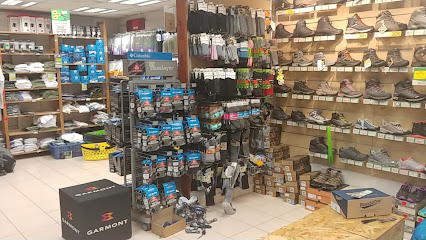
The Kingdom
Explore The Kingdom in Hod Hasharon, Israel, a vibrant game store and board game club offering endless fun for all ages.
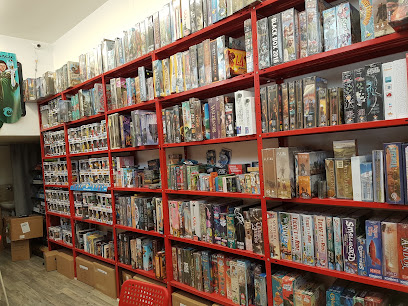
Go Japan
Discover authentic Japanese flavors and culinary treasures at Go Japan, a delightful grocery store in Hod Hasharon.
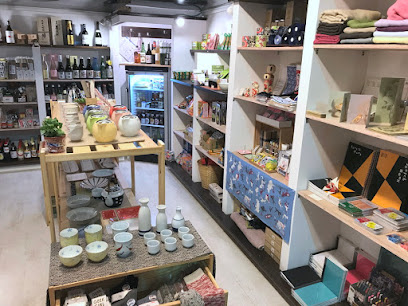
Shufersal Sheli
Discover the vibrant shopping experience at Shufersal Sheli, where local flavors and international products come together in Hod Hasharon.
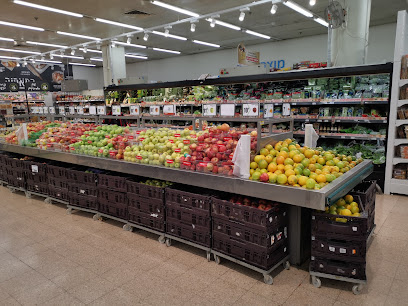
שקדיה
Explore Shkedya in Hod Hasharon for the finest vitamins, organic foods, and natural beauty products to support your health journey.
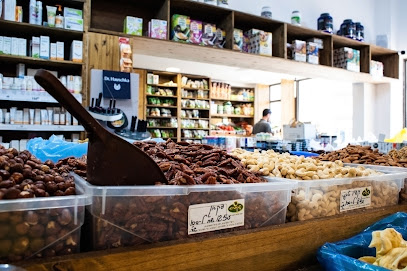
ביגודית ויצו הוד השרון Wizo
Explore the vibrant world of second-hand fashion at Wizo in Hod Hasharon, where every piece tells a story.
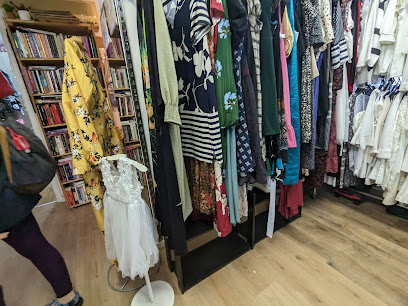
Boutique Central
Discover the sweet side of Hod Hasharon at Boutique Central, where every pastry is a delightful masterpiece waiting to be savored.
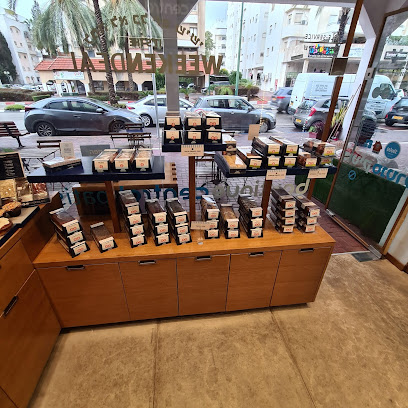
Albert Jewelry
Explore Albert Jewelry in Hod Hasharon for exquisite pieces and expert craftsmanship, perfect for every jewelry lover's collection.
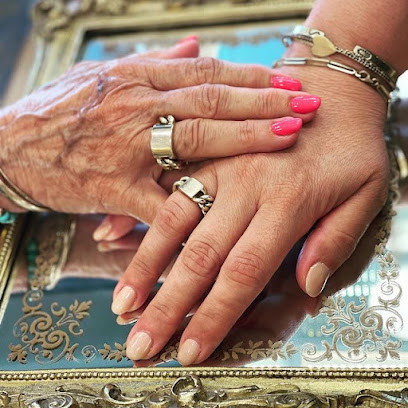
ביוטי שופ - הוד השרון - השחר 13
Discover quality cosmetics and beauty products at Biuty Shop, Hod Hasharon's go-to destination for all your beauty needs.
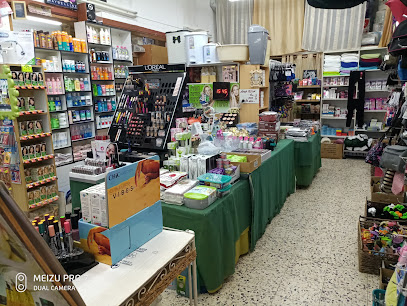
Happening
Explore Happening in Hod Hasharon, a delightful gift shop offering unique souvenirs and local crafts that embody the essence of your travels in Israel.
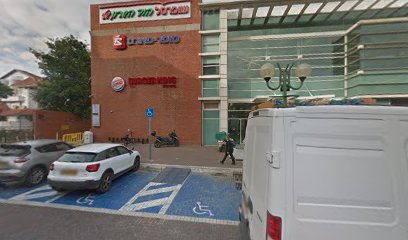
S.wear
Explore S.wear in Hod Hasharon for the latest fashion trends and affordable clothing options that cater to every style and occasion.
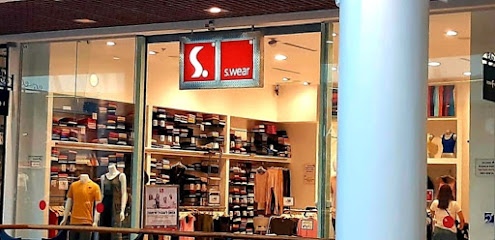
Kolvert - Jewelry by Michal Kol
Explore Kolvert - Jewelry by Michal Kol, where exquisite handcrafted jewelry meets timeless elegance in the heart of Hod Hasharon.
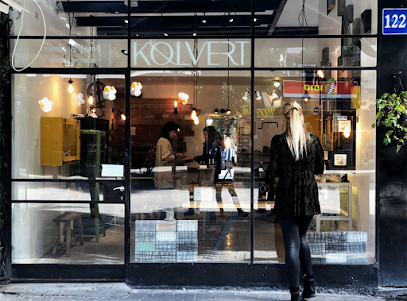
הכפרייה של ג'ינג'י
Discover the vibrant flavors of Israel at 'הכפרייה של ג'ינג'י' in Hod Hasharon, a must-visit supermarket for fresh produce and local delicacies.
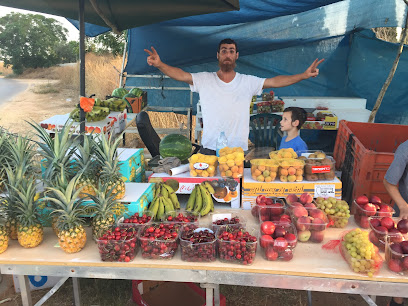
Essential bars & hidden hideouts
NONO
Discover NONO, where authentic Italian flavors come alive in Hod Hasharon's charming dining scene, perfect for food lovers and tourists alike.
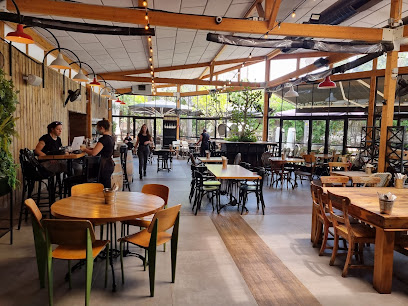
Agnes Pub Hod Hasharon
Discover the vibrant nightlife of Hod Hasharon at Agnes Pub, where great drinks and live entertainment create unforgettable memories.
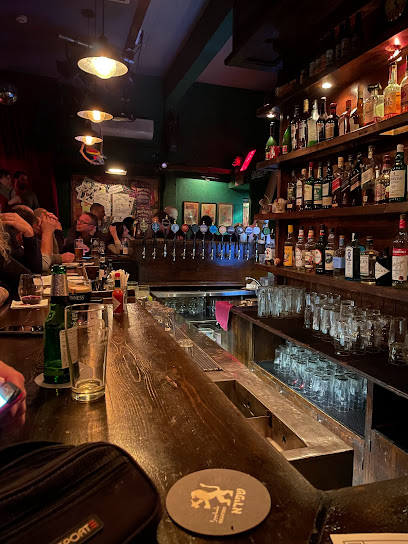
Funky Sisilia
Discover Funky Sisilia, a vibrant cocktail bar in Hod Hasharon offering expertly crafted drinks and a lively atmosphere perfect for night outings.
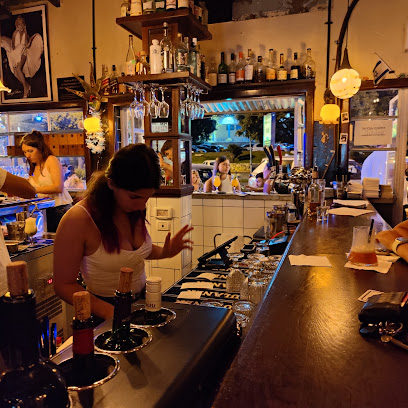
Yamatoya Bistro Bar
Discover the authentic flavors of Japan at Yamatoya Bistro Bar in Hod Hasharon – where fresh sushi and delicious ramen await!
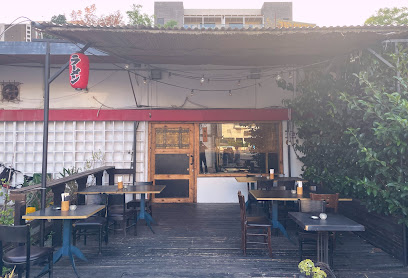
Soko 77
Discover the vibrant nightlife at Soko 77 in Ramat Hasharon, featuring delicious food, innovative cocktails, and a lively atmosphere.
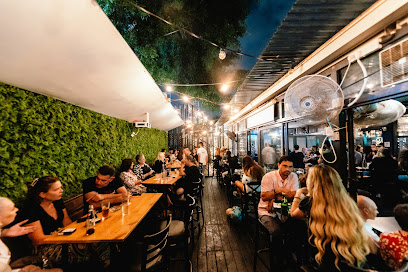
Benny's Cask Ale Pub
Discover Benny's Cask Ale Pub in Kefar Sava, where craft beer meets cozy ambiance, perfect for unwinding after a day of exploration.
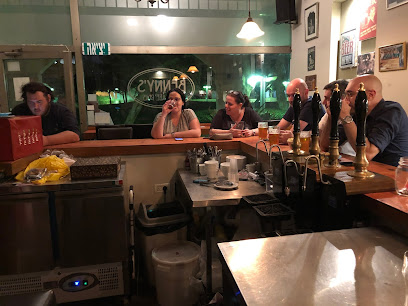
החצר של שמיל
Experience the vibrant atmosphere and gourmet flavors at Ha-Chatzar Shel Shmil, a must-visit gastropub in Hod Hasharon.
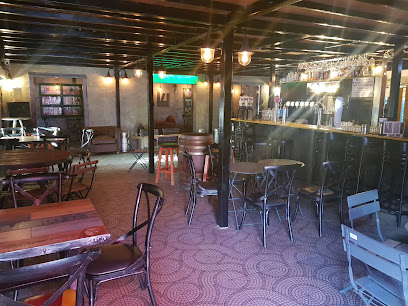
נוף בחצר
Discover the perfect blend of local wines and cozy ambiance at Nof Bahatzer, a standout wine bar and coffee shop in Hod Hasharon.
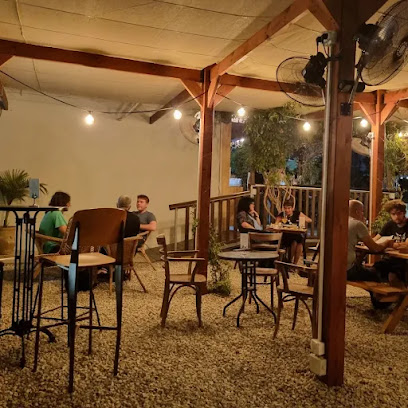
Collective Bar
Discover the best of Hod Hasharon's nightlife at Collective Bar, where great cocktails and delicious food create an unforgettable experience.
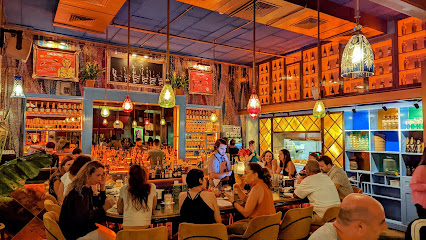
Greco
Savor authentic Greek cuisine in Hod Hasharon at Greco, where every dish is a celebration of Mediterranean flavors and hospitality.
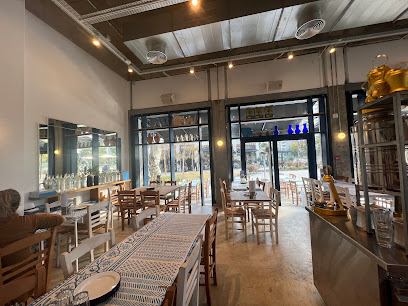
Rova Hod Hasharon רובע הוד השרון
Discover Rova Hod Hasharon, where modern Israeli cuisine meets a warm, inviting atmosphere in the heart of Hod Hasharon.
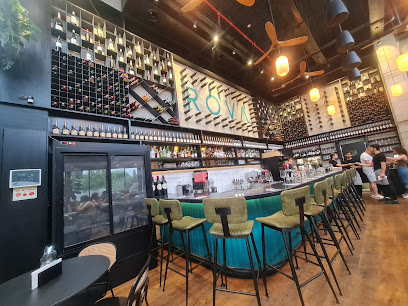
באBE
Discover the vibrant nightlife of Hod Hasharon at באBE, a premier live music bar offering unforgettable performances and a lively social scene.
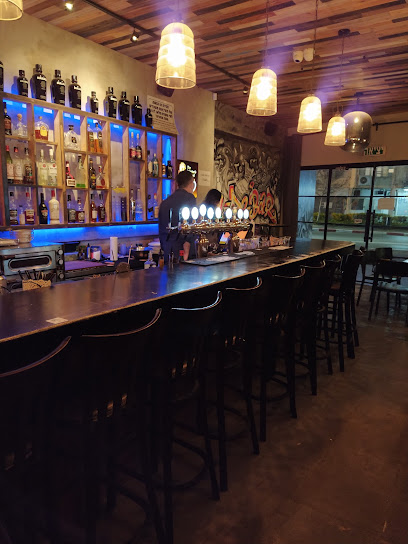
קליאופטרה בר נרגילות
Discover the vibrant atmosphere of Cleopatra Hookah Bar in Hod Hasharon, where flavorful hookah and delightful drinks await in a unique cultural setting.
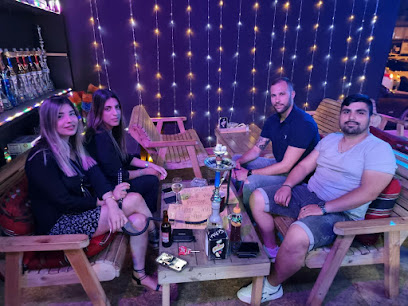
וויליג
Discover the lively nightlife at וויליג, a trendy bar in Hod Hasharon offering a fantastic selection of drinks and a vibrant atmosphere.
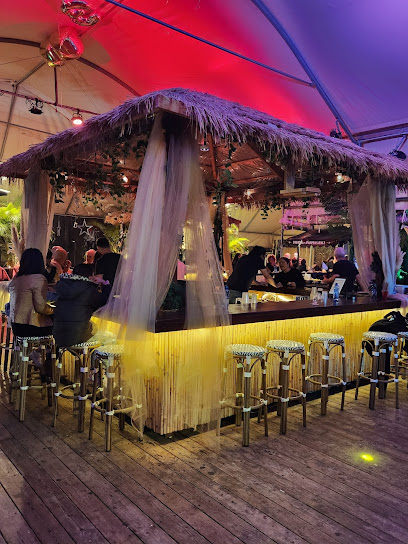
CRAFTY BEERS Ohad's Pub
Discover a unique selection of craft beers in a cozy atmosphere at Crafty Beers Ohad's Pub in Hod Hasharon, perfect for beer enthusiasts.
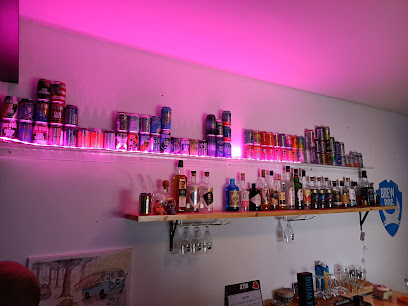
Local Phrases
-
- Helloשָׁלוֹם
[Shalom] - Goodbyeלהתראות
[Lehitraot] - Yesכֵּן
[Ken] - Noלֹא
[Lo] - Please/You're welcomeבבקשה
[Bevakasha] - Thank youתודה
[Toda] - Excuse me/Sorryסליחה
[Slicha] - How are you?איך אתה?
[Eich Ata?] - Fine. And you?טוב. ואיתך?
[Tov. Veitcha?] - Do you speak English?אתה מדבר אנגלית?
[Ata Medaber Anglit?] - I don't understandאני לא מבין
[Ani Lo Mevin]
- Helloשָׁלוֹם
-
- I'd like to see the menu, pleaseאני רוצה לראות את התפריט, בבקשה
[Ani Rotse Lir'ot Et Hataprit, Bevakasha] - I don't eat meatאני לא אוכל בשר
[Ani Lo Ochel Basar] - Cheers!לחיים!
[Lachaim!] - I would like to pay, pleaseאני רוצה לשלם, בבקשה
[Ani Rotse Leshalem, Bevakasha]
- I'd like to see the menu, pleaseאני רוצה לראות את התפריט, בבקשה
-
- Help!עזרה!
[Ezrah!] - Go away!לך לך!
[Lech Lech!] - Call the Police!קרא למשטרה!
[Kra Lemishtara!] - Call a doctor!קרא לרופא!
[Kra Larofe!] - I'm lostאני אבוד
[Ani Avud] - I'm illאני חולה
[Ani Choleh]
- Help!עזרה!
-
- I'd like to buy...אני רוצה לקנות...
[Ani Rotse Leknot...] - I'm just lookingאני רק מסתכל
[Ani Rak Mestakel] - How much is it?כמה עולה זה?
[Kama Ole Ze?] - That's too expensiveזה יקר מדי
[Ze Yakar Midei] - Can you lower the price?אתה יכול להוריד את המחיר?
[Ata Yachol Lehored Et Hamachir?]
- I'd like to buy...אני רוצה לקנות...
-
- What time is it?מה השעה?
[Ma Hasha'a?] - It's one o'clockזה חד
[Ze Chad] - Half past (10)חצי עשר
[Chatzi Esre] - Morningבוקר
[Boker] - Afternoonצהריים
[Tzohorayim] - Eveningערב
[Erev] - Yesterdayאתמול
[Etmol] - Todayהיום
[Hayom] - Tomorrowמחר
[Mahar] - 1אחד
[Echad] - 2שניים
[Shnayim] - 3שלוש
[Shalosh] - 4ארבע
[Arba] - 5חמש
[Chamesh] - 6שש
[Shesh] - 7שבע
[Sheva] - 8שמונה
[Shmoneh] - 9תשע
[Tisha] - 10עשר
[Eser]
- What time is it?מה השעה?
-
- Where's a/the...?איפה נמצא/ת ה...
[Eifo Nimtza/Nimtze Ha...] - What's the address?מה הכתובת?
[Ma Hakatovet?] - Can you show me (on the map)?אתה יכול להראות לי (על המפה)?
[Ata Yachol Leharaot Li (Al Hamapa)?] - When's the next (bus)?מתי האוטובוס הבא?
[Matay Haotobus Haba?] - A ticket (to ....)כרטיס (ל...)
[Kartis (Le...)]
- Where's a/the...?איפה נמצא/ת ה...
History of Hod Hasharon
-
Hod Hasharon was officially established in 1964 through the amalgamation of four smaller agricultural settlements: Magdiel, Ramatayim, Hadar, and Ramat Hadar. These settlements were founded in the early 20th century, with Magdiel being established in 1924 by Jewish immigrants from Eastern Europe.
-
During the British Mandate period (1920-1948), the area now known as Hod Hasharon saw significant development. The settlements served as agricultural hubs, contributing to the burgeoning Jewish community in the region. The British authorities built infrastructure, including roads and public buildings, which laid the groundwork for future growth.
-
In 1948, following the declaration of the State of Israel, Hod Hasharon's settlements played a role in the defense and consolidation of the new state. Many residents joined the Haganah and other defense groups to protect their homes and contribute to the war effort. After the war, these areas saw an influx of new immigrants, further boosting their growth.
-
The 1960s and 1970s were a period of rapid development for Hod Hasharon. Following its official establishment in 1964, the city invested heavily in infrastructure, education, and housing projects. This era saw the construction of schools, parks, and community centers, transforming Hod Hasharon into a more urbanized and cohesive city.
-
In recent decades, Hod Hasharon has emerged as a center for high-tech industries, blending its agricultural roots with modern technological advancements. The city has attracted numerous tech companies and startups, contributing to Israel's reputation as the 'Startup Nation.' This shift has brought increased economic prosperity and a more diverse population to the area.
-
Hod Hasharon is home to various cultural landmarks that reflect its rich history and diverse community. Notable sites include the Hod Hasharon Park, the Yad LaBanim memorial for fallen soldiers, and heritage sites preserving the legacy of the original agricultural settlements. These attractions provide a glimpse into the city's past while celebrating its present.
-
In recent years, Hod Hasharon has been recognized for its environmental initiatives aimed at promoting sustainability and green living. The city has developed numerous parks and open spaces, implemented recycling programs, and invested in sustainable urban planning. These efforts have made Hod Hasharon a model for eco-friendly living in Israel.
Hod Hasharon Essentials
-
Hod Hasharon is easily accessible from various parts of Israel. The nearest international airport is Ben Gurion Airport in Tel Aviv, approximately 30 kilometers away. From the airport, you can take a taxi, rent a car, or use public transportation such as trains and buses to reach Hod Hasharon. The journey typically takes around 30 to 40 minutes by car. Alternatively, you can take a train to the Hod Hasharon Sokolov station, which is part of the Israel Railways network.
-
Hod Hasharon has an efficient public transportation system, including buses and trains. The local bus network connects different parts of the city and nearby towns. Taxis are readily available and can be hailed on the street or ordered via phone apps. For those who prefer driving, car rental services are available. Bicycles are also a popular mode of transport, and the city has several bike paths.
-
The official currency in Israel is the Israeli Shekel (ILS). Credit cards are widely accepted in hotels, restaurants, and shops. ATMs are plentiful and can be found throughout Hod Hasharon. It's advisable to carry some cash for small purchases, especially in markets and smaller establishments.
-
Hod Hasharon is generally considered a safe city for tourists. However, it's always wise to take standard precautions. Keep an eye on your belongings in crowded areas and avoid walking alone at night in unfamiliar places. There are no specific high-crime areas targeting tourists, but staying vigilant is always recommended.
-
In case of emergency, dial 100 for the police, 101 for an ambulance, and 102 for the fire department. The city has several medical clinics and a hospital for urgent care. It's advisable to have travel insurance that covers medical emergencies. Pharmacies are available for minor health issues and over-the-counter medications.
-
Fashion: Do dress modestly when visiting religious sites. Opt for comfortable clothing suitable for warm weather. Religion: Do respect local customs and traditions. Avoid loud behavior around religious sites. Public Transport: Do be courteous and offer your seat to elderly passengers. Don't eat or drink on public transportation. Greetings: Do greet people with a handshake. A friendly 'Shalom' (hello) is always appreciated. Eating & Drinking: Do try local dishes and accept food offerings graciously. Don't refuse hospitality, as it is considered impolite.
-
To experience Hod Hasharon like a local, visit the city’s parks and open-air markets. Hod Hasharon Park is a popular spot for picnics and leisurely walks. Engage with locals at cafes and restaurants to learn about the city’s culture and history. For a unique experience, attend local events and festivals, which offer a glimpse into the vibrant community life.
Trending Landmark in Hod Hasharon
-
Sharonim
-
Hod HaSharon Park
-
הפארק האקולוגי הוד השרון
-
The Four Seasons Park
-
המחבוא
-
Habanim Park
-
Kfar Saba Museum
-
האי בשרון
-
Hod HaSharon-Sokolov
-
Zvi Harpaz - Guided Tours
-
Hod Hasharon museum
-
ירידה לירקון משביל ישראל
-
אתר מורשת - אנדרטת אלכסנדרוני - כפר סבא
-
Ha-Nasi Square
-
אתר מורשת - הצריף הראשון - הוד השרון
Nearby Cities to Hod Hasharon
-
Things To Do in Kfar Saba
-
Things To Do in Herzliya
-
Things To Do in Ra'anana
-
Things To Do in Raanana
-
Things To Do in Tel Aviv
-
Things To Do in Ramat Gan
-
Things To Do in Jaffa
-
Things To Do in Holon
-
Things To Do in Netanya
-
Things To Do in Modi'in
-
Things To Do in Hadera
-
Things To Do in Caesarea
-
Things To Do in Ashdod
-
Things To Do in Zikhron Ya'akov
-
Things To Do in Jerusalem




